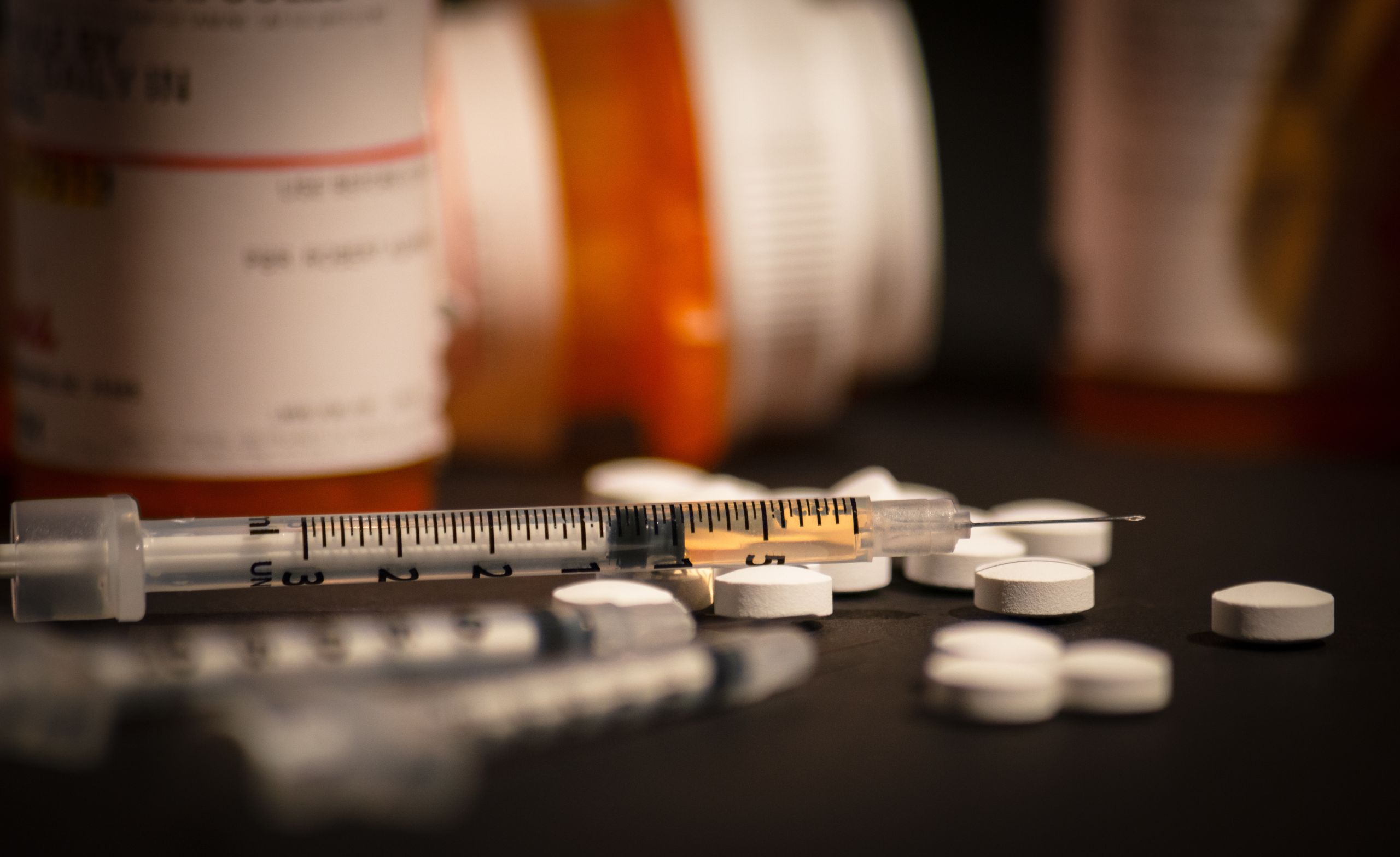Often known on the streets at “Tranq”, Xylazine is a powerful sedative drug approved for use by the U.S. Food and Drug Administration (FDA) in veterinary use. A sedative, anesthetic, tranquilizer, muscle relaxant, and analgesic, Xylazine is used by veterinarians in surgical procedures, diagnostic testing, and safe handling for animals. The drug Xylazine is not approved by the FDA for use in humans.
However, as is the case with many drugs that become available for recreational use on the streets, Xylazine has become widely available for street use, especially in certain pockets around the country such as Philadelphia, Pennsylvania, and is being used as a drug both alone and also in illicit drug mixtures similarly to fentanyl, meaning that Xylazine may be mixed with cocaine, amphetamines, ketamine, heroin, or pressed into illicit counterfeit pill form. Due to this, with many users not knowing that they are ingesting Xylazine, the drug is often detected in the growing number of overdoses and overdose deaths.

Threat of Xylazine and Dangerous Effects on the Body
According to anecdotal reports, Xylazine gives users an experience, an effect, or a high similar to opioids, although others report the high can feel similar to ketamine, benzodiazepines like Xanax, or barbiturates. There is limited scientific study regarding the effects that Xylazine has on humans, so often the physical, mental, and emotional impact is only understood through the descriptions of people that use the drug. Xylazine depresses the central nervous system and can cause hypertension, lowered blood pressure, severe respiratory distress, bradycardia, a comatose state, or using enough of the drug can cause death.
One of the greatest concerns regarding Xylazine is the impact it has physically on the human body. A major threat of xylazine is that many users of the drug report horrible skin lesions or skin ulcers. These types of dangerous skin issues do not just happen at the injection site, for drug users that take the drug intravenously, but can occur on various areas of the body. The drug users’ skin might then begin to decompose. In Philadelphia, Pennsylvania and surrounding areas, hospital emergency rooms are seeing more and more cases of overdoses involving Xylazine, but also rising cases of individuals coming for help with issues involving the effects of the drug on their skin.
Xylazine is Not an Opioid
Another major concern of Xylazine is that although the physical effects of the drug may seem to mimic opioids, it is not an opioid, and therefore the opioid overdose reversal drug Narcan is unhelpful in attempting to aid someone who has overdosed. There is no overdose reversal drug to help with a Xylazine overdose, no antidote, and with so many other illicit substances now containing Xylazine or “Tranq”, overdoses where the drug is available are rising exponentially and there is little that can be done to treat overdoses when they occur. In certain areas, there are groups or organizations out doing street outreach and community outreach, simply trying to help users of Xylazine with education about the drug, awareness of the dangers of the drug, or simply with basic health services such as wound care.
Substance Use, Overdoses, and Addiction in America: a Growing Problem
Unfortunately, America’s addiction epidemic has gotten worse over the last few years since the beginning of the COVID-19 pandemic. While the opioid crisis began to subside, the rising crisis of mental health, disconnection, and loneliness that began to rise during COVID-19 led directly to more people using or misusing substances, and while drug and alcohol use rose, so did the rates of substance use disorder and addiction. Now, with more people using illicit drugs, those illicit drugs often contain dangerous substances like fentanyl and xylazine, unlike in the past when the opioid epidemic was caused by prescription painkillers flooding the streets. However, those drugs were actually prescription pills so there was some level of quality control in the drug supply. Now, the drug supply is tainted, with counterfeit pills pressed with fentanyl or xylazine available, and other substances such as ketamine, cocaine, or MDMA also containing these dangerous and harmful substances. Additionally, hospital beds are being filled with patients dealing with skin issues and necrosis, which is often leading to amputations and ongoing health issues.
The real threat of xylazine is how the current drug supply is tainted, and drug users are being poisoned, often leading to death. Education of the dangers of xylazine is necessary, awareness is key, and health organizations, treatment professionals, and loved ones must stay vigilant to get those individuals in need of help from xylazine to the help and support they need in order to overcome this dangerous and potentially deadly crisis.
If you or someone you know needs help with addiction or co-occurring disorders, please give us a call. Innovo Detox offers the latest in evidence-based medical, psychiatric, and clinical care for those in need of detox and medical stabilization in Pennsylvania and the surrounding Mid-Atlantic area. If we aren’t the best fit for you or a loved one, we will take the necessary time to work with you to find a detox, rehab, treatment center or provider that better fits your needs. Contact us online or give us a call at (717) 619-3260 or email our team at info@innovodetox.com.
